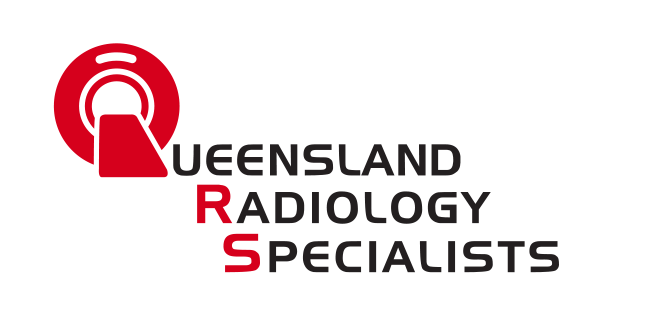What is CTCA?
CTCA uses computed tomography (CT) scanning to image of the coronary arteries and the heart. These arteries supply blood to the heart muscle and disease of these arteries, atherosclerosis is responsible for most heart attacks. CTCA detects blockages or narrowing of the coronary arteries.
What is the radiation dose?
Radiation dosage vary between different CT scanners. The benefits of CTCA at Queensland Radiology Specialists is that we uses the Philips Elite 256-slice CT scanner which allows the scan to be performed with high quality and at the lowest possible radiation dose.
How long does a CTCA take?
Most CTCA takes between 30 minutes and 2 hours. The CTCA test is carried out in three parts which includes preparation, scanning and recovery. Timing varies and although the scan usually take approximately 20-30 minutes, the work up process is quite involved. It is recommended that you allow a couple of hours for the examination in case you require medication to slow your heart rate for the scan.
How do I prepare for the scan?
Your doctor may give you a drug to slow down your heart rate before coming for your scan. When making your appointment, we will ask you to:
-
-
- Avoid caffeine (tea, coffee, energy drinks,carbonated soft drinks) morning prior to the scan
- Do not take any medication for erectile dysfunction for 72 hours prior to your CT, including viagra
- Fast (nothing to eat or drink) for 2 hours prior to the scan
-
Please tell booking staff if:
-
-
- You are pregnant (or think you may be pregnant)
- If you have any allergies (especially to iodine)
-
What do I need to bring?
-
-
- Medicare card
- Request form
- Any previous imaging scans that you make have had
-
On the day of your appointment, it is important to arrive 60 minutes prior to your examination for a pre-exam assessment which includes monitoring of blood pressure and heart rate to determine if you require any medication to slow down the heart beat (beta blocker) before your scan. If beta-blocker is required, it will take approximately 1 hour for the medication to take effect. Your CTCA examination will be performed once the doctor or CT radiographer is satisfied with your heart rate.
What can I expect during the scan?
You will have an intravenous cannula inserted into one of your arm veins and ECG leads placed on your chest. You will then be taken into the CT scanner room.
You will lie on a bed and nitroglycerin (GTN) will be sprayed under your tongue in order to expand and relax your coronary arteries. Occasionally GTN can cause a transient headache. While you are on the bed, you will be given a rapid IV injection of iodine contrast agent through the cannula. You may notice a warm sensation and a metallic taste in your mouth during the contrast injection which is a normal sensation. When the iodine contrast reaches the heart through the veins, the scan is started and images of the arteries and heart are acquired.
It is important to lie very still during the scan. If you move the images will be blurred and we may not be able to use them and scan may be repeated.
What happens following the scan?
Your blood pressure and heart rate will be checked after the scan. If your blood pressure and heart rate are normal and you feel well, we will take the cannula out of your arm and you will be allowed to leave.
In some cases, we may keep you for a while to give you something to eat and drink and/or to give you fluids through your veins (if you are dehydrated).
If you feel unwell, please tell a staff member as soon as possible.
When will I get my results?
A radiologist will write a report. The scan results and report will be sent to your referring doctor. Please contact your doctor to discuss or obtain a copy of the results. Your results will not be available at the end of your scan.

